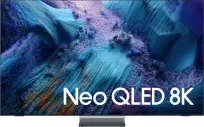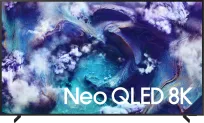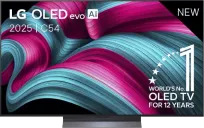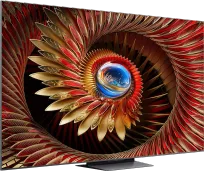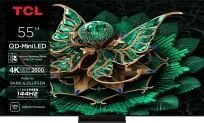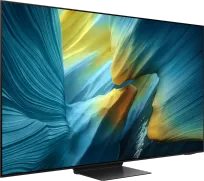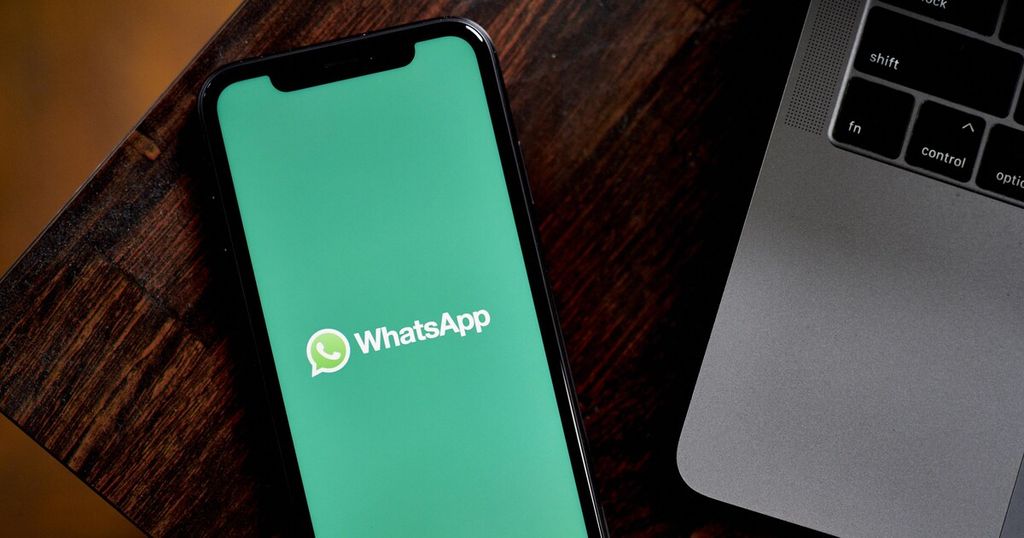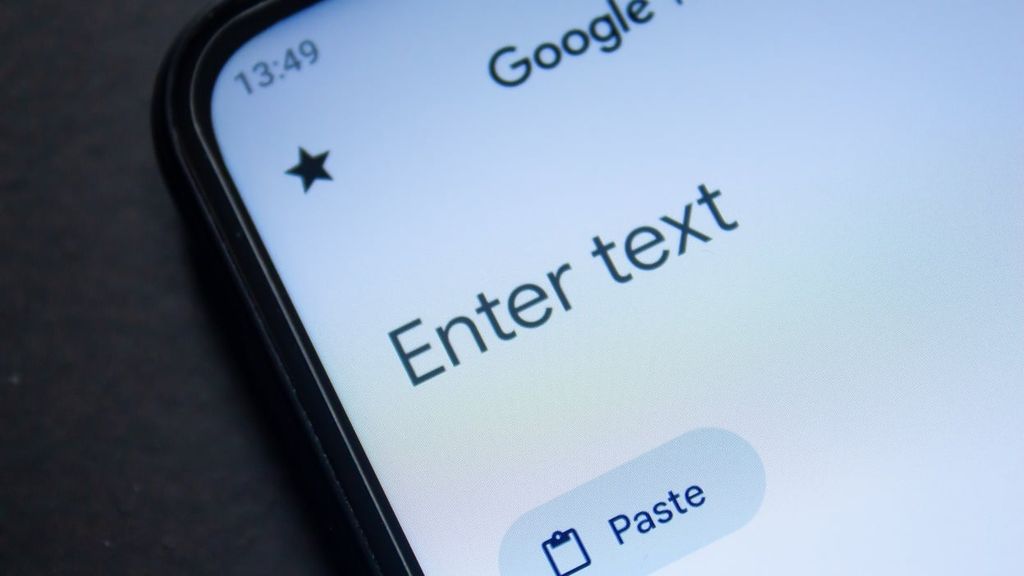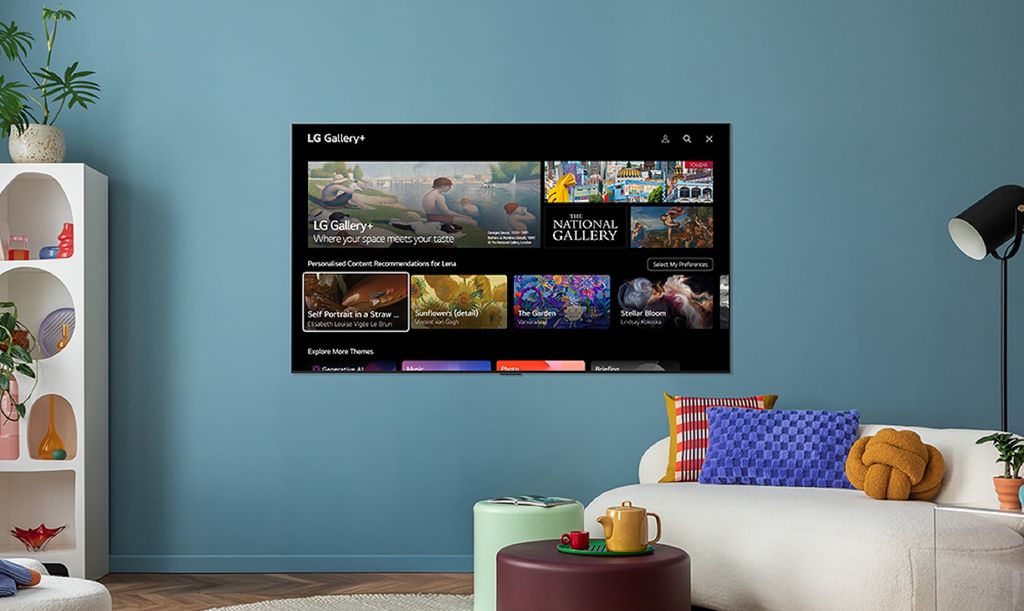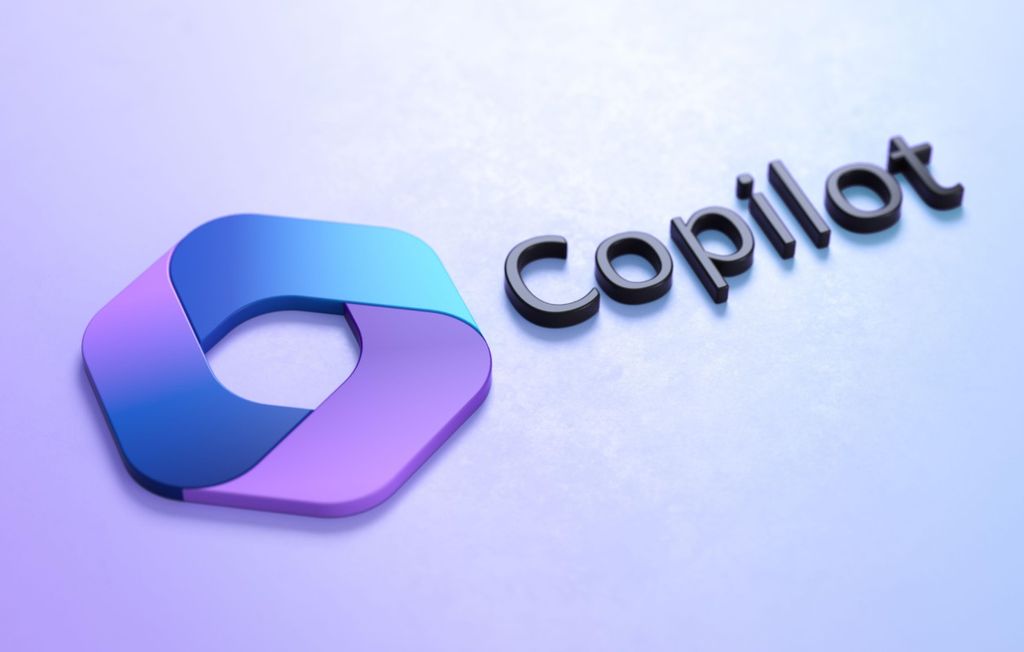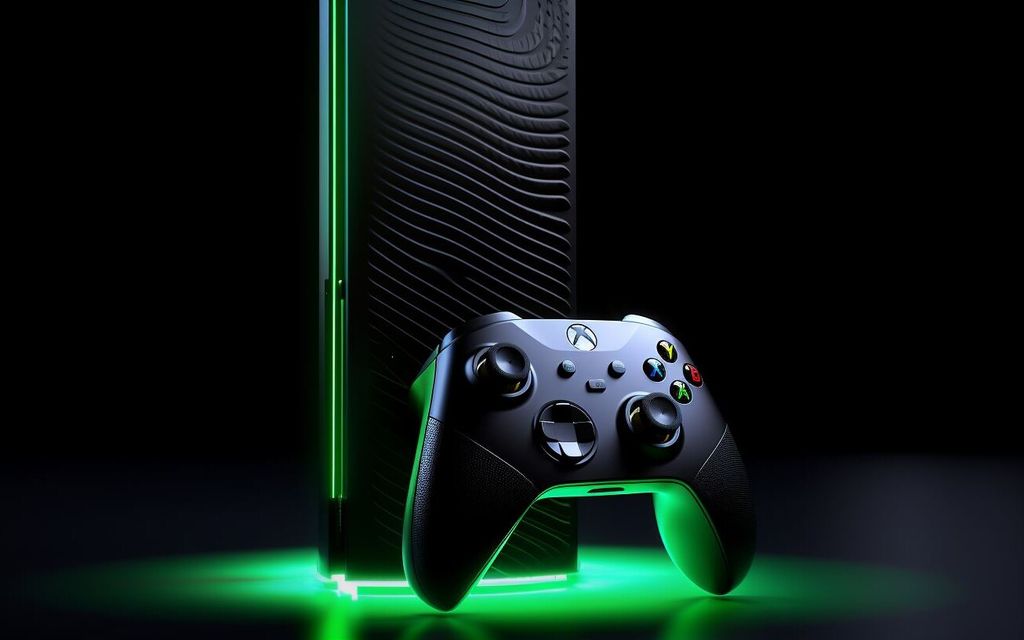
Google has officially confirmed something that the industry has been talking about for months. Chrome OS and Android will be merged into one system. And although this wasn't announced in the form of a spectacular conference, the words of Sameer Samat – the president of the Android ecosystem – leave no doubt. "We plan to combine Chrome OS and Android into one platform," he told a TechRadar journalist, while also questioning why he is using Apple devices. It sounds like a little jab, but it could be the start of a significant change.
Android absorbs Chrome OS. Not the other way around
Contrary to appearances, it's not about creating an entirely new system from scratch. As reported earlier, Android will become the base, and Chrome OS will be migrated to it. That is: there won't be a hybrid, there won't be a "third system" – just a more powerful Android with features known from laptops and Chromebooks. And this is where Android 16 comes in, which is already receiving desktop mode, better management of external displays, and more flexible application windows.
Google is asking how we use laptops. And it's no coincidence
Samat didn't share this information for no reason – Google is collecting data. It wants to know what laptops are used for today, how people work, and what is annoying. This is typical of a company that tests everything on a small scale before pushing new developments into the mainstream. And it seems we are already very close. Systemic change may happen sooner than we expect.
Reactions? Mixed. People are happy, but they also don’t trust
Almost half of the surveyed readers (according to earlier polls) support Google’s decision. But the other side is equally vocal – those who are concerned about increased hardware requirements, issues with updates, and the fact that Google… simply might not deliver. It must be acknowledged: the history of Android on tablets and Chromebooks hasn’t always been a success. And now everything will have to be integrated.
What’s next?
We don’t yet know the release date, but when Google speaks out about it loudly, it’s a signal: we are on the home stretch. The next versions of Android will become more and more "laptop-like," and the hardware from manufacturers will be increasingly ready for change. Is this the end of Chromebooks as we know them? More like their evolution. But the question remains: do we really want this?
 Katarzyna Petru
Katarzyna Petru